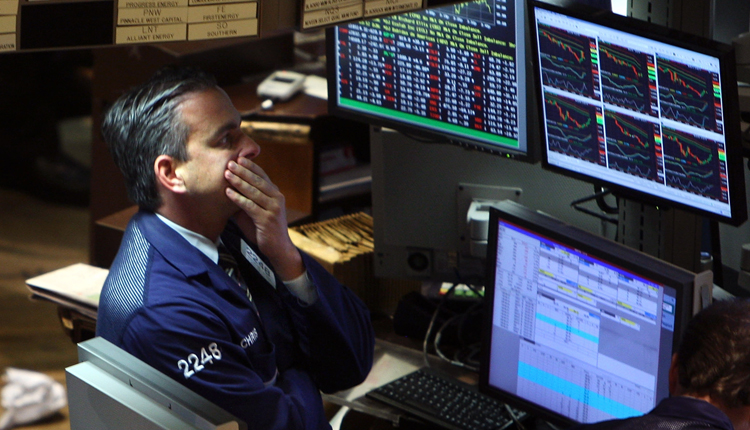The pan-European Stoxx 600 closed provisionally up by 0.29 percent, with most sectors and major bourses in positive territory.
Household goods stocks were among the top gainers, led by Sweden’s Electrolux. The home appliances maker surged close to the top of the European benchmark after posting stronger-than-anticipated quarterly results and forecast easing cost headwinds over the coming months. Shares of the company were up over 10 percent.
Europe’s banking index led the losses amid earnings news. Deutsche Bank reported its first full-year net profit in four years on Friday. However, shares came under pressure, losing 0.59 percent as Germany’s largest lender continues to face growing merger speculation and a series of uphill struggles.
Germany’s Wirecard, meanwhile, plummeted 25 percent after a Financial Times report said an external firm commissioned by the payments firm to investigate its Singapore office found evidence indicating “serious offences or forgery and/or of falsification of accounts.” Wirecard called the report “inaccurate, misleading and defamatory.”
On the data front, euro zone inflation slipped as expected last month. Official data published Friday showed inflation in the 19 countries sharing the euro slowed to 1.4 percent in January, from 1.6 percent a month earlier. It provides another reason for the European Central Bank to ease off removing stimulus, as inflation falls further away from its target.
Blowout jobs report
On Wall Street, the Dow Jones Industrial Average rose 160 points while the S&P 500 and Nasdaq Composite also saw gains.
Market focus was largely attuned to the latest jobs numbers out of the U.S. Non-farm payrolls released by the Labor Department Friday showed that the U.S. economy added 304,000 jobs in January, beating an expected 170,000.
Analysts had been unsure what to expect in the wake of the recent government shutdown but stronger-than-expected jobs growth pointed to underlying strength in the U.S. economy.
Sentiment was shaken by concerns over global trade developments, especially after a survey on Chinese factory activity fell to its lowest level since February 2016.
The downbeat data exacerbated fears of an economic slowdown and dented optimism over a possible U.S.-China trade deal.
China’s trade delegation reportedly said Washington and Beijing had made “important progress” after two days of trade negotiations.
President Donald Trump also said he would soon meet with Chinese premier Xi Jinping to try to reach a comprehensive trade deal. Stocks had taken heart from the possibility of top-level trade talks over the coming weeks, but the upbeat mood soon cooled when the White House insisted it sees March 1 as a hard deadline for a deal.
